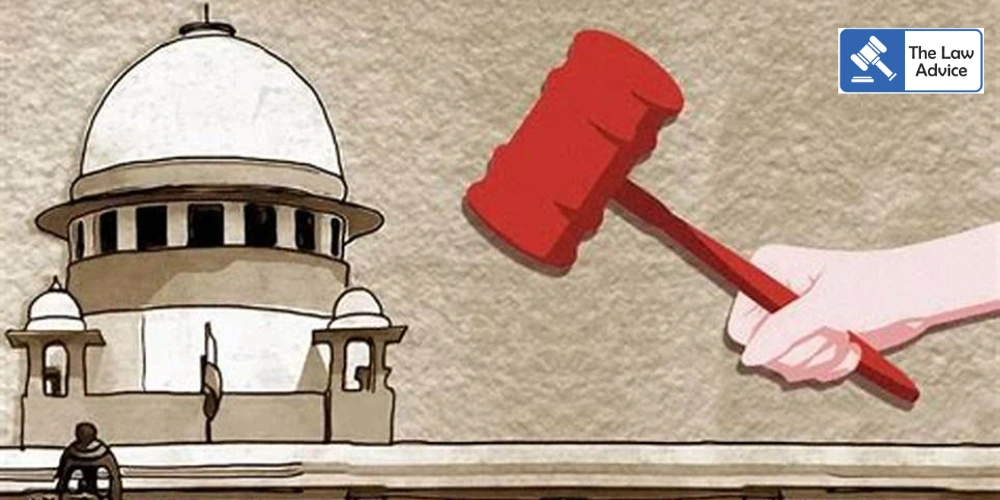New Delhi | July 2025
The Supreme Court has issued a stern reminder to lower courts across the country: bail must be granted on legal merits, not merely on promises made by the accused. A two-judge bench comprising Justice J.B. Pardiwala and Justice R. Mahadevan expressed concern over what it described as a “worrying pattern” where undertakings often involving voluntary deposit of money are becoming the primary basis for granting bail, even in serious criminal cases.
The remarks came during the hearing of a series of bail-related appeals. The bench noted that several High Courts and trial courts have been mechanically granting anticipatory or regular bail based on the accused’s offer to:
• Deposit the alleged defrauded amount
• Cooperate with the investigation
• Not leave the jurisdiction
“An accused offering to deposit money does not, by itself, absolve them from the gravity of the charge,” the bench observed.
“Judges must examine the totality of circumstances, not just financial assurances.”
The case that brought this issue into focus involved allegations of serious financial fraud and criminal breach of trust, where the accused secured bail primarily on the basis of a commitment to repay the complainant.
When the accused later failed to honour the promise, they approached the court again this time seeking modification of bail conditions. The Supreme Court refused to accept this manipulation of the process.
Bail granted on weak merit Bail must follow judicial analysis of all factors: seriousness, evidence risk, flight risk
Misuse of deposit undertakings Financial offers should not become bargaining chips for liberty
Precedent risks One-size-fits-all bail practices undermine public trust in judicial discretion
Indian bail law, under Sections 437, 438, and 439 CrPC, mandates careful judicial scrutiny based on:
• Nature of the offence
• Stage of investigation or trial
• Prior conduct of the accused
• Possibility of absconding or tampering with evidence
The Supreme Court in past rulings (Satender Kumar Antil v. CBI, Arnesh Kumar v. State of Bihar) has held that bail is a rule but not when granted without rationale.
